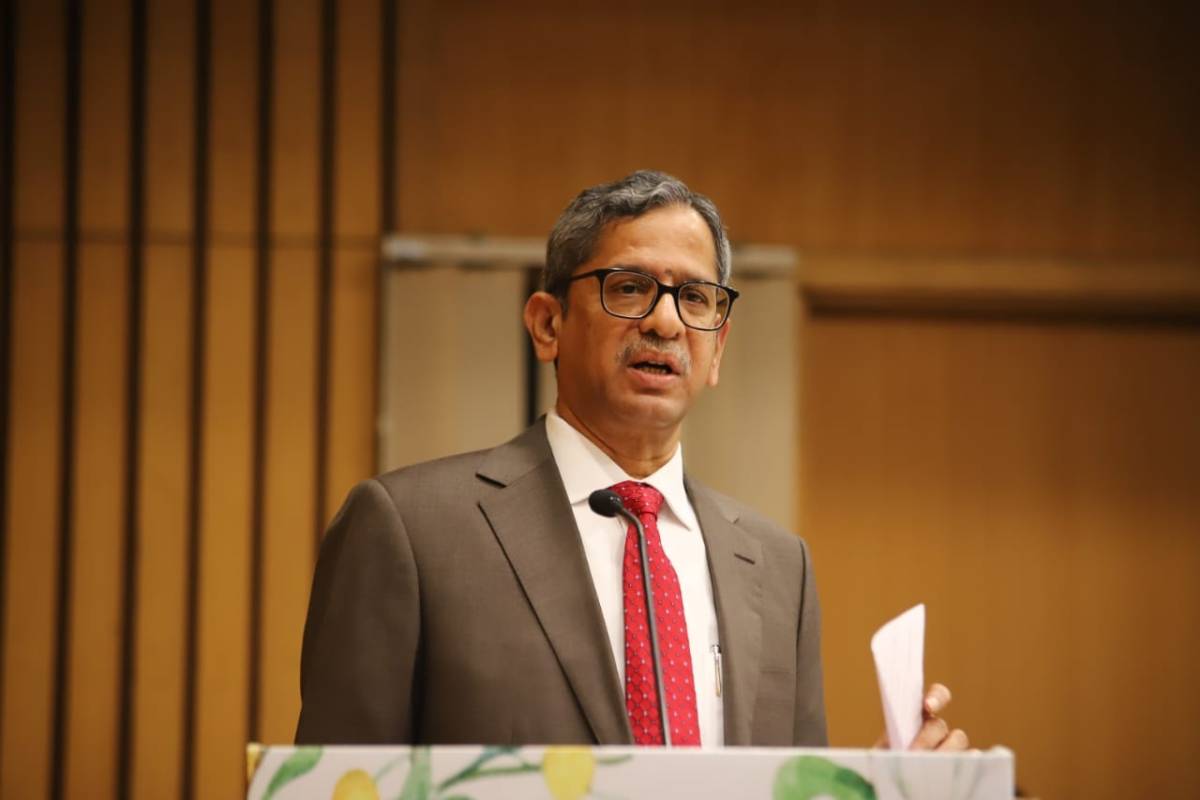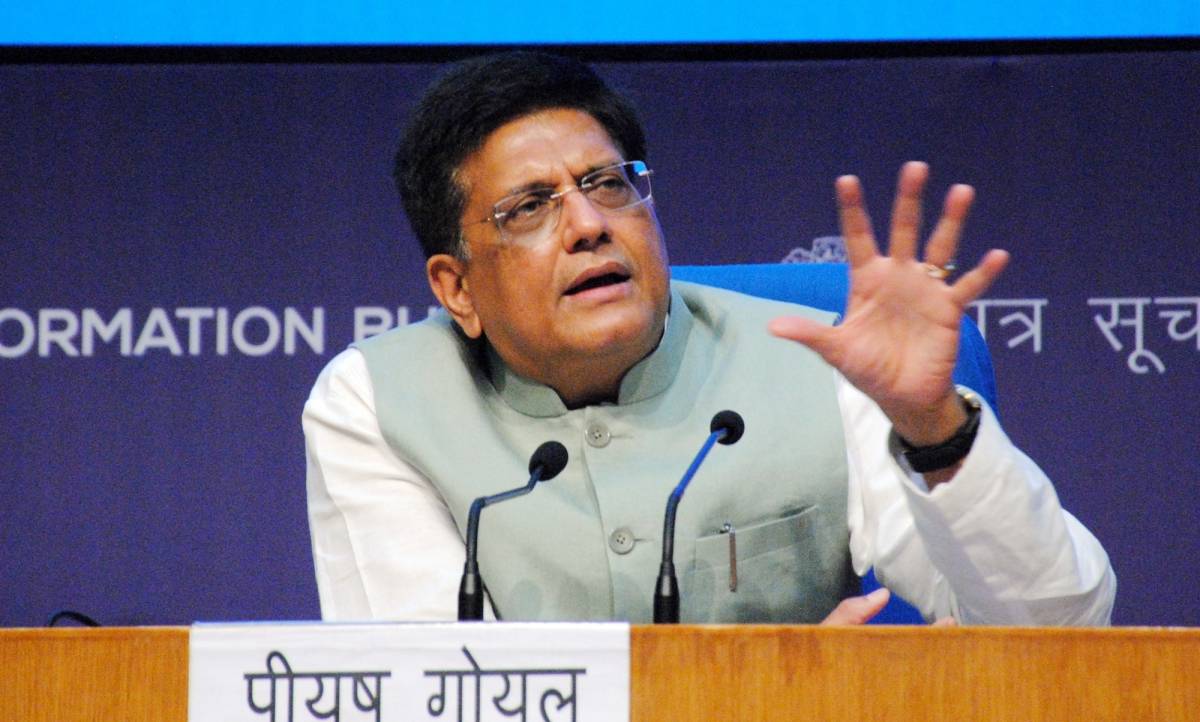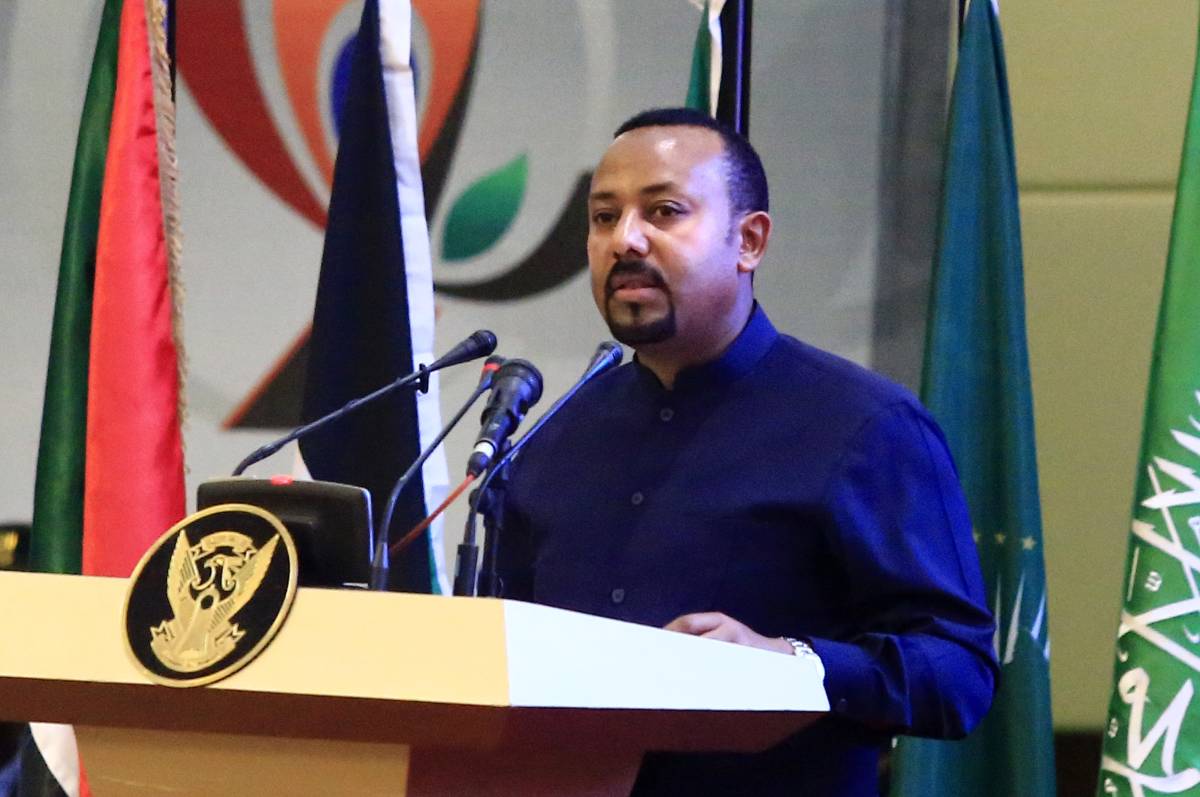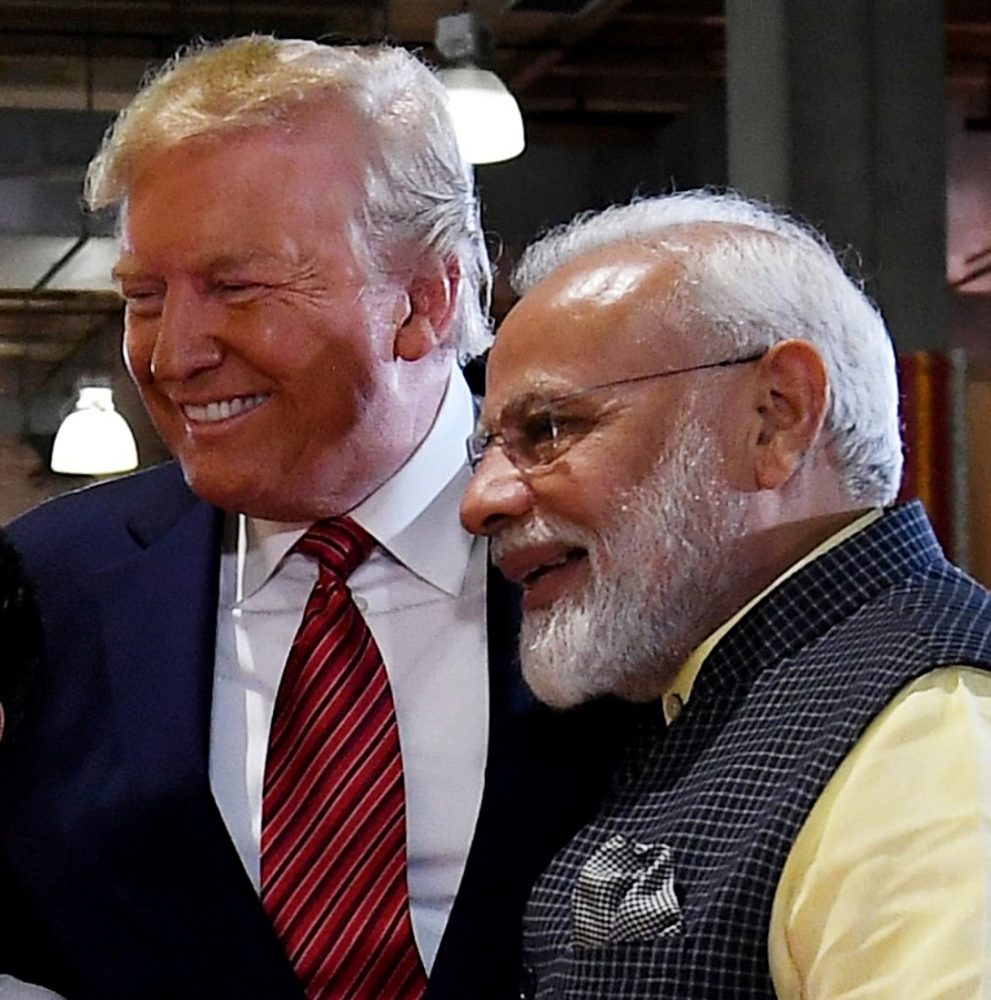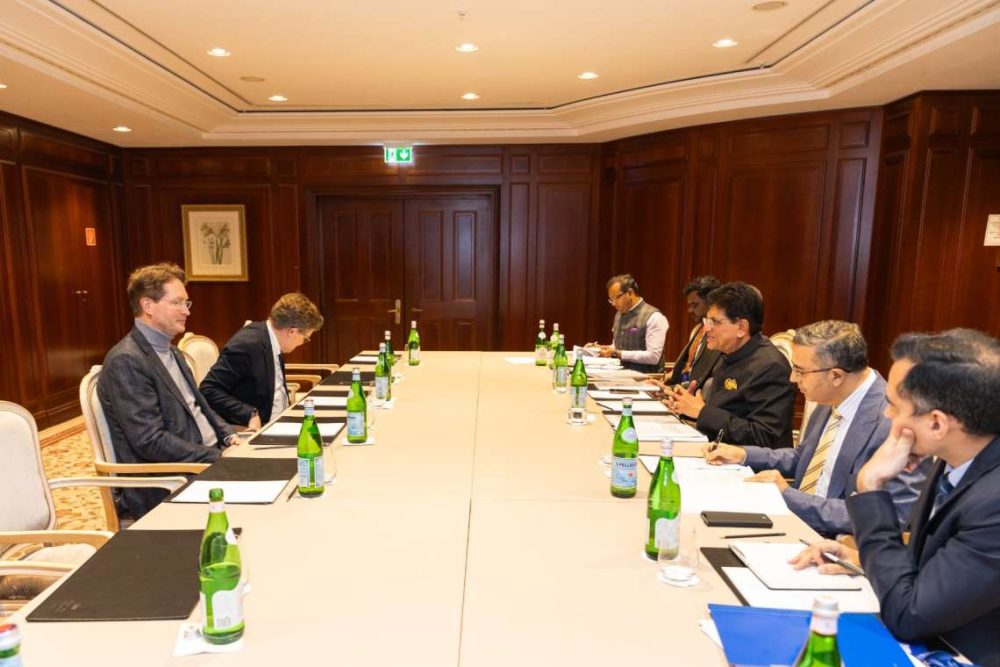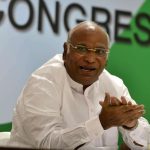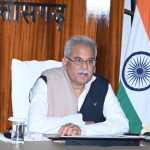Justice Ramana said this while delivering the 40th convocation address of the Andhra Pradesh-based Sri Sathya Sai Institute for Higher Learning….reports Asian Lite News
Chief Justice of India N.V. Ramana on Monday said the rulers should introspect everyday whether the decisions taken by them are good and also check if they have any bad characteristics. He emphasized that in a democracy people are ultimate lords and the decisions of the dispensation should benefit them.
Justice Ramana said this while delivering the 40th convocation address of the Andhra Pradesh-based Sri Sathya Sai Institute for Higher Learning. Citing ancient scriptures Mahabharat and Ramayana, Justice Ramana said there are 14 bad qualities of rulers which they should avoid.
He said: “All the rulers in the democratic set-up, before beginning their routine work, should introspect whether they have any bad characteristics. There is need to offer just administration and it should be according to people’s needs”. After making a speech in English, the Chief Justice addressed the audience in Telugu.
Justice Ramana added that the people are the ultimate lords in democracy and whatever decision has been taken by the dispensation should benefit them. He further added it was his desire that all the systems should be independent (within the country) and also honest, with an aim to serve the people, which was also said by Sathya Sai Baba.
In the English part of the address, Justice Ramana said the modern education system tends to focus only on the ‘utilitarian’ function of education and it is not equipped to deal with the moral and spiritual function which builds the character of the students.
He said: “Unfortunately, the modern education system tends to focus only on the ‘utilitarian’ function of education. Such a system is not equipped to deal with the ‘moral’ or ‘spiritual’ function of education which builds the character of our students and allows them to develop a social consciousness and a sense of responsibility.”
He added that true education is the one which imbibes moral values and virtues of humility, discipline, selflessness, compassion, tolerance, forgiveness and mutual respect.
“You will have to deal with people from different walks of life that may occasionally challenge you. But be tolerant. Hold onto certain core values as you walk through this journey of life, and experience all the richness it can offer you”, said Justice Ramana.
Lauding the university’s founder Sathya Sai Baba, the Chief Justice said: “Education in this prestigious Institution has inculcated both ethical and moral values in the students. He promoted a combination of ‘worldly learning’ and ‘spiritual learning’. This philosophy radiates in this institution. It flows from our rich mythology and Vedic philosophy.”


